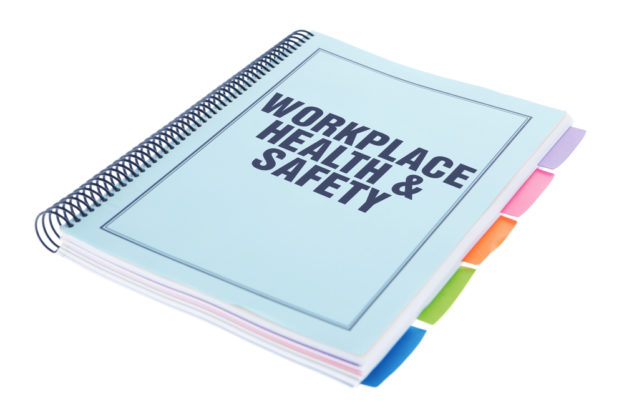
Brit Merrill
By Brit Merrill and Mickell Jimenez
Warning of unlawful DEI-related discrimination in the workplace, the U.S. Equal Employment Opportunity Commission (EEOC) and U.S. Department of Justice (DOJ) issued guidance this week outlining when a DEI initiative, policy, or practice may be unlawful under Title VII.
The guidance includes a joint one-page technical assistance document titled “What To Do If You Experience Discrimination Related to DEI at Work” and an EEOC-issued question-and-answer technical assistance document titled “What You Should Know About DEI-Related Discrimination at Work.” Technical assistance documents do not carry the force of law and are not legally binding, but do provide insight and guidance on agency policy.

Mickell Jimenez
Key Takeaways
1. DEI programs cannot segregate or exclude employees based on a protected characteristic.
Prohibited conduct may include
- “Limiting membership in workplace groups, such as Employee Resource Groups (ERG) or other employee affinity groups, to certain protected groups”; and
- “Separating employees into groups based on race, sex, or another protected characteristic when administering DEI or other trainings, or other privileges of employment, even if the separate groups receive the same programming content or amount of employer resources[.]”
Note the guidance that “other privileges of employment” cannot segregate or exclude employees based on a protected characteristic. As detailed below, the guidance specifies that this applies to exclusion from training, mentorship programs, and fellowships. Read more












